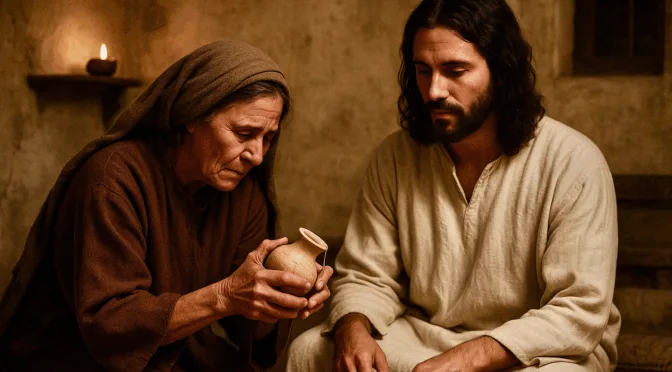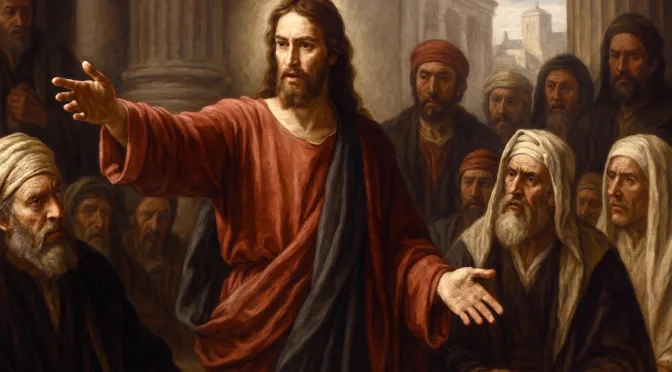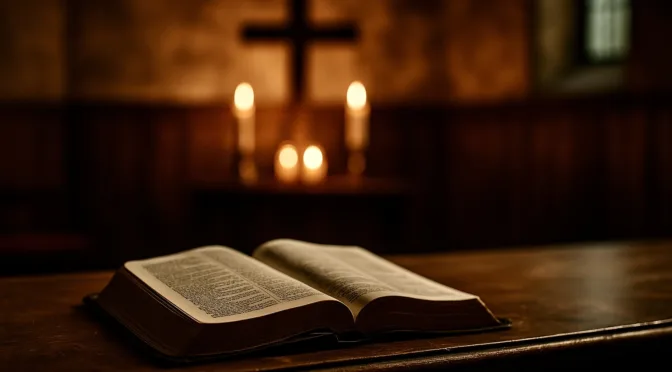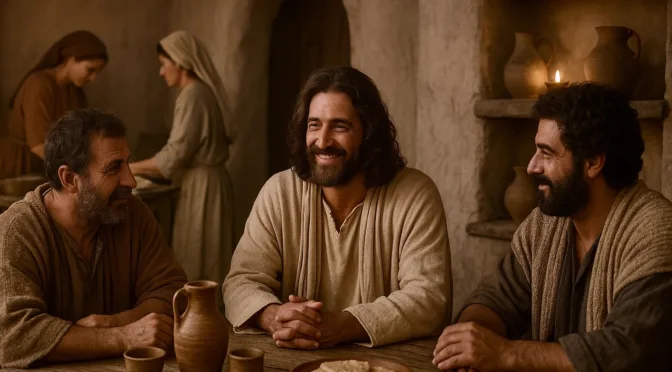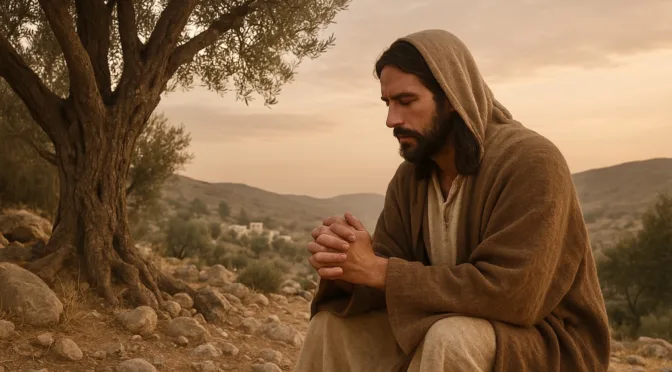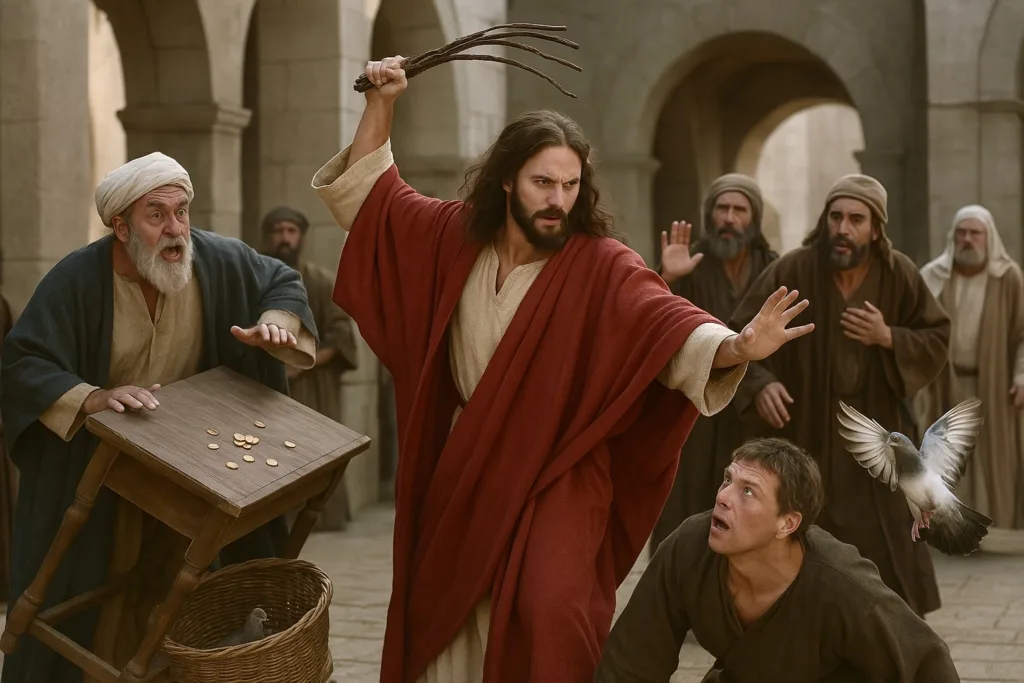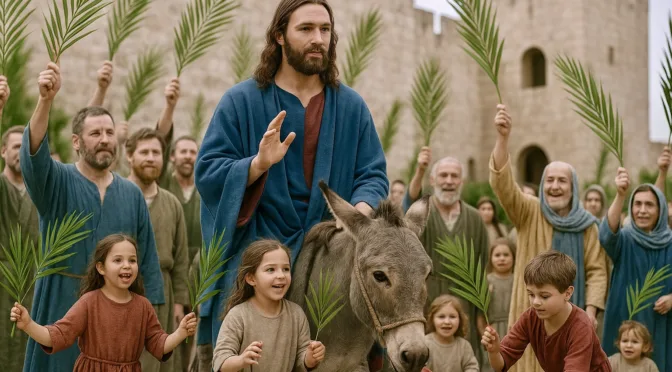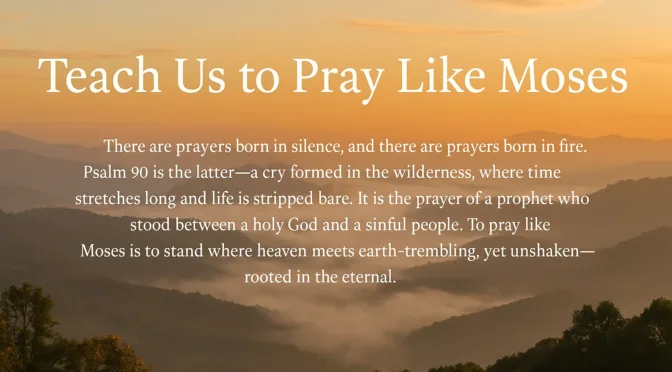O beloved,
I write to you not with ink alone, but with the weight of the Spirit pressing upon my heart. On this holy Wednesday—this silent eve before the uproar—let us consider a mystery too profound for the natural mind and too precious for the casual glance. Let us look again into that dimly lit room where oil lamps flickered, shadows whispered, and the eternal collided with the earthly through a woman’s hands and a broken jar.
Then came the hush.
I was taken there in the spirit, to a house not large but holy. A woman entered—her face lined with sorrow, yet shining with a light not hers. She bore an alabaster jar, sealed with the cost of years. And when she broke it—O saints!—Heaven leaned in. This was not extravagance; it was revelation. This was not waste; it was worship.
A fragrance of worship filled the house, and angels wept. For the aroma rising was not just perfume, but prophecy. It spoke of death and resurrection, of preparation and promise. The oil did not anoint a man merely for burial—it anointed a King for glory. I saw in the spirit: thorns dissolving into gold, blood into righteousness, sorrow into joy. That room became a throne room, and Yeshua—our Messiah—was crowned in the eyes of Heaven before He ever ascended the Hill. Truly, it was a fragrance of worship.
Beloved, do you see it? The world calls it foolishness, but the Spirit calls it power. That which she poured out in a moment was seen and remembered by the Eternal. Her worship was a holy defiance against despair. Where the enemy plotted destruction, she declared destiny.
Yet, not all who watched saw the glory.
Behind the fragrance lurked a foul spirit. A man named Judas—once counted among the disciples—stood cloaked in silence, his heart coiled by the serpent. I saw the whisper in his ear, the scales of offense hardening around his soul. His mind reasoned where worship surrendered. His hands reached for silver when they could have grasped grace. Thirty pieces of silver—the price of betrayal—fell to the earth like a curse, echoing through the courts of Heaven.
But Yeshua—O bless His Name—lifted His eyes. And though He knew what Judas would do, His eyes were pools of mercy. He saw the betrayal and still chose the cross. He felt the sting of coming abandonment and still gave His body. He beheld the serpent and still crushed its head.
And still, He loved.
So I charge you, brethren and sisters, to let your worship not be contingent on comfort. Pour your heart before the Lord, not with calculation but with consecration. Break your jar before Him. Let the fragrance of your sacrifice rise into the heavens until angels take notice. Let your love speak louder than logic and your surrender ring louder than silver. After all, it is a fragrance of worship that truly honors Him.
We do not worship Him because it is safe.
We worship because He is worthy.
And you—yes, you—are invited into the same offering. The world may scoff, and Judas may still linger in the corner, but the fragrance of true worship will never be wasted. It will fill the room. It will shake the heavens. It will prepare the way for the Lamb. And every act of worship we offer creates a new fragrance of worship that pleases the Lord.
Now unto Him who sees every tear and every jar broken in His name,
To Yeshua, the King of Mercy,
Be all the glory, honor, and power—forever and ever. Amen.
⸻
Prayer
Abba Father,
Strengthen us in the inner man to pour out our hearts as fragrant offerings before You. May we not hold back out of fear or offense. Let our lives be a holy preparation for Your return. Burn away every Judas-spirit of calculation within us and replace it with the fire of first love. Help us to see Your eyes of mercy, even when the betrayal surrounds us. Crown us with worship. Flood us with Your presence. Let us break our alabaster before You, knowing it is never wasted. In Yeshua’s mighty name, amen.
⸻
I broke my jar before the King,
While angels watched and hearts took wing.
Though serpents hissed and silver fell,
Your mercy rose, Emmanuel.
⸻

